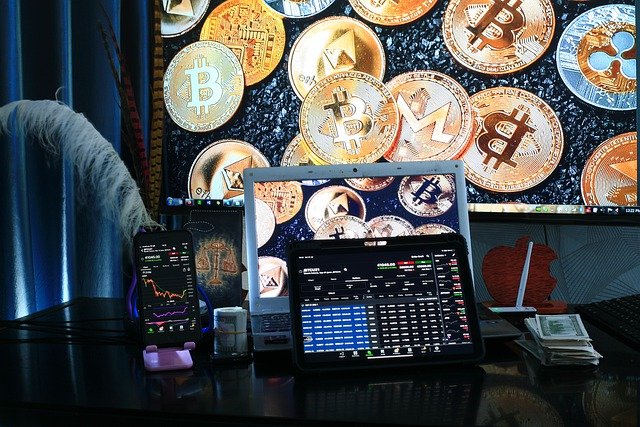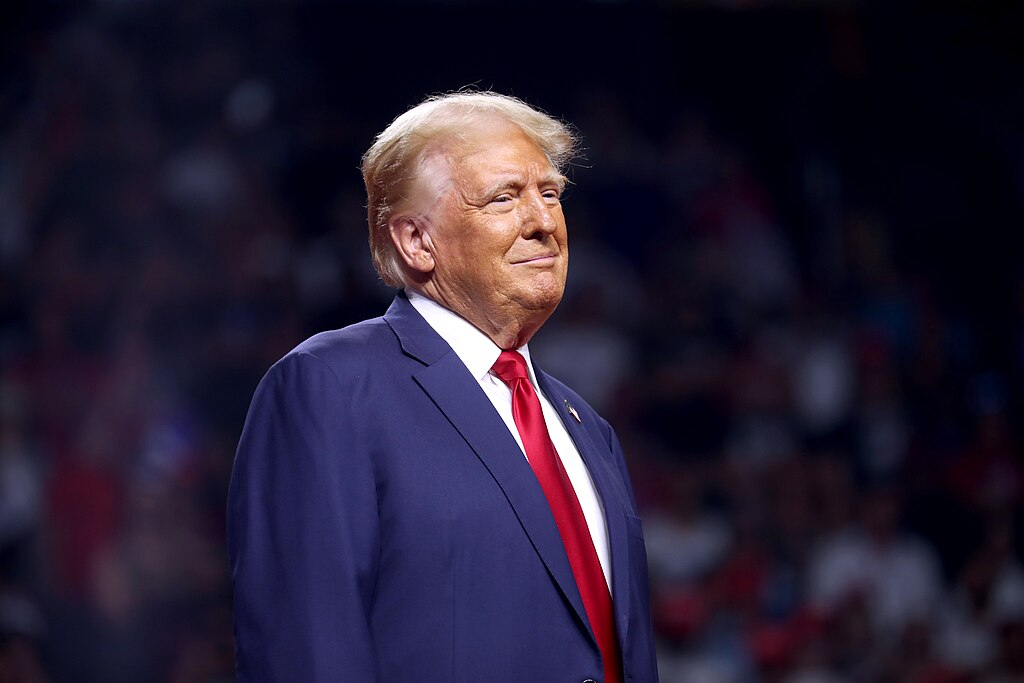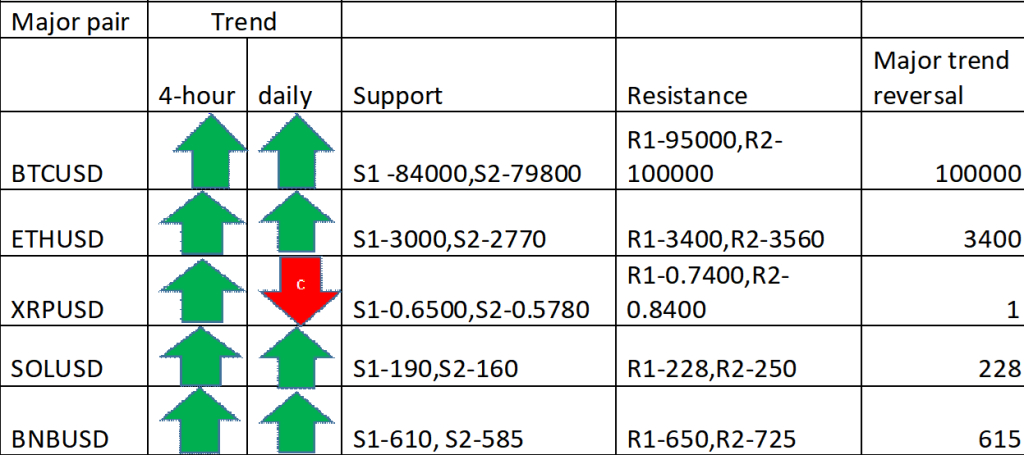2021 was a banner year for cryptocurrencies with tokens such as Bitcoin (BTC) and Ethereum (ETH) setting new all-time highs along with the market rally. Unsurprisingly, the crypto market in South Korea experienced massive growth last year despite its reputation as being one of the strictest digital assets markets in the world.
A recent study by the country’s chief financial regulator, the Financial Service Commission (FSC), revealed that the South Korean crypto market grew to 55 trillion won or around $45.9 billion by the end of 2021, according to Cointelegraph.
The South Korean crypto market’s explosive growth last year is a bit surprising considering that the country is known for having one of the strictest digital assets markets. The country was regularly in the headlines last year for introducing its new Travel Rule and KYC requirements.
The average daily transaction volume on Korean crypto exchanges reached 11.3 trillion won or around $9.4 billion in 2021. The FSC analyzed data compiled from 24 licensed crypto exchanges in the country.
The sector proved to be quite profitable last year. According to FCA’s study, the combined operating profit of the 24 exchanges reached 3.37 trillion won or $2.8 billion.
However, not all of the 24 exchanges made profits last year. A total of 9 platforms from the 24 reported net losses for 2021.
The number of registered crypto exchange users rose to 15.3 million in 2021. However, only around a third of this total, or 5.58 million registered users engaged in trading activities last year.
The FSC study further revealed that out of the 5.58 users who actively traded last year, nearly 3.1 million people hold crypto assets worth less than 1 million won ($850). Meanwhile, 15 percent of the active accounts hold assets worth more than 10 million won ($8,500).
The majority of the small and medium crypto exchanges in South Korea were wiped out last year after the government introduced strict crypto license regulations. Transactions above a certain threshold were flagged while transactions from private wallets were not allowed.
South Korean regulators also proposed to impose a 20 percent tax on crypto profits. However, the implementation of the new taxation scheme was delayed for another year.
























Comment 11